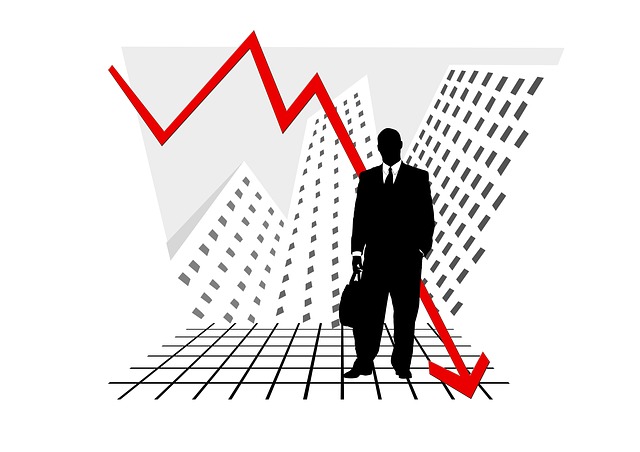 Pundits and government officials keep telling us the economy is strong. Everything is great. After all, GDP is growing.
Pundits and government officials keep telling us the economy is strong. Everything is great. After all, GDP is growing.
But a lot of people recognize things aren’t all that great. Some prominent economic analysts have said a major crash is looming. Nobel Prize winning economist Robert Shiller called stock market valuations ‘concerning’ and hinted that markets could be set up for a crash. Several other notable economists have recently expressed concern about surging stock markets, particularly in the US. Marc Faber has predicted ‘massive’ asset price deflation – possibly of a drop of as much as 40% in stock market value. Billionaire investor Paul Singer recently said the financial system is not sound. And former Ronald Reagan budget director David Stockman said we should get ready of ‘fiscal chaos.’
So, how is it that some see a meltdown on the horizon while most of the mainstream sees nothing but unicorns and roses? If the economy is growing, how can anybody things recession is right around the corner?
Well, what if the mainstream doesn’t understand a recession?
In the following article originally published at the Mises Wire, Frank Shostak explains why the standard ‘two consecutive quarters of negative GDP’ is not a good definition for recession.
This post was published at Schiffgold on JULY 24, 2014.

 Follow on Twitter
Follow on Twitter
Recent Comments